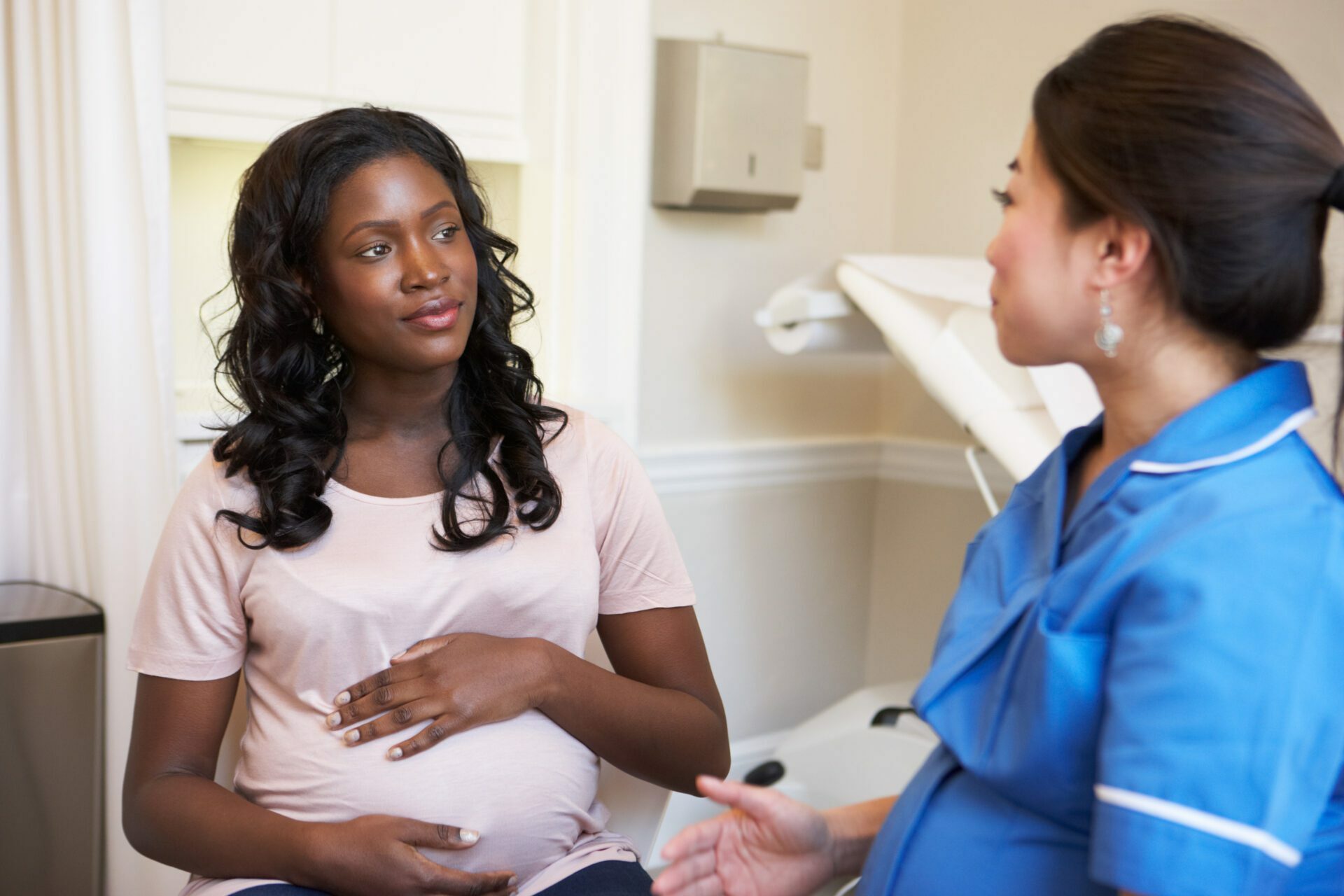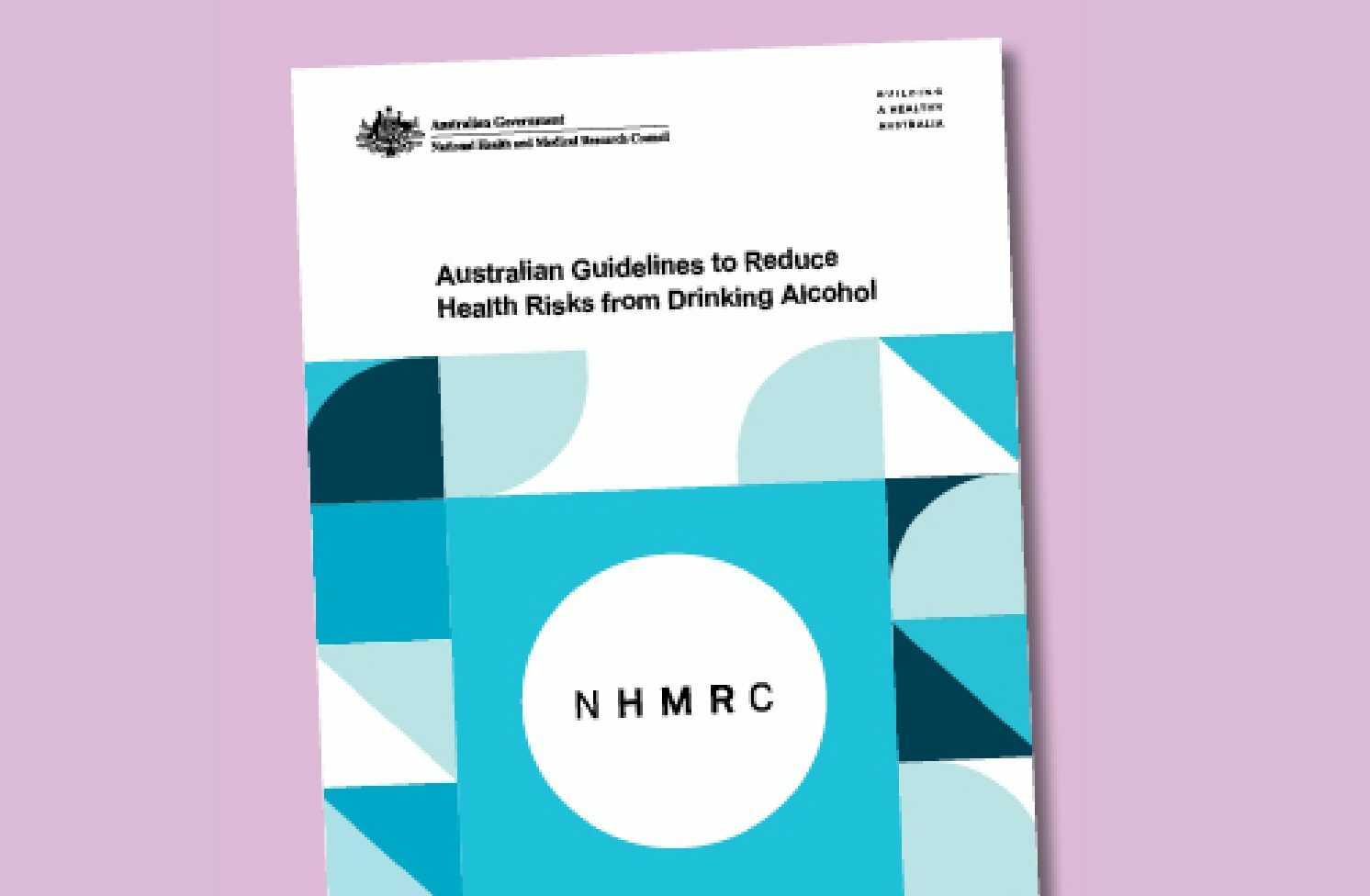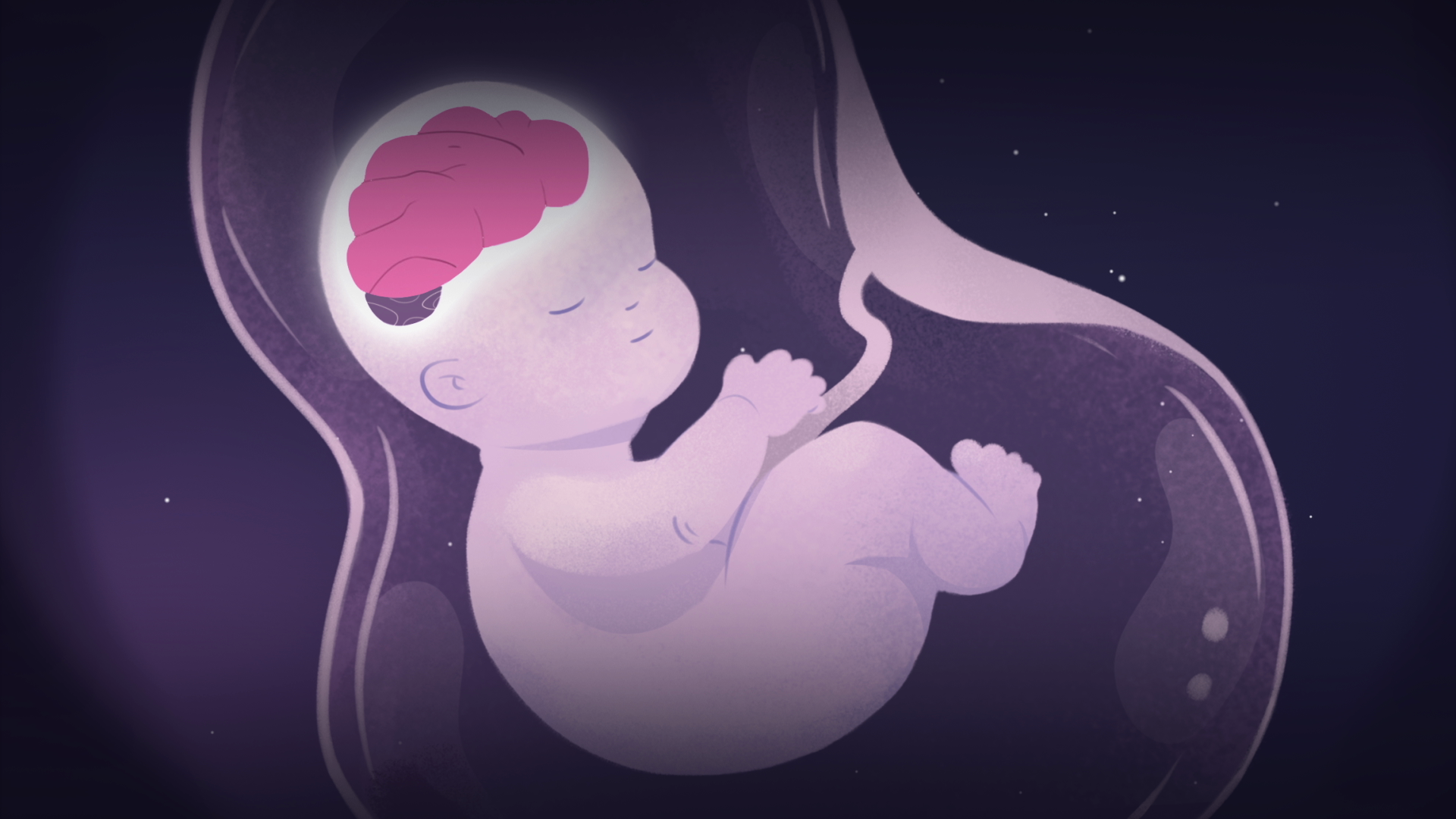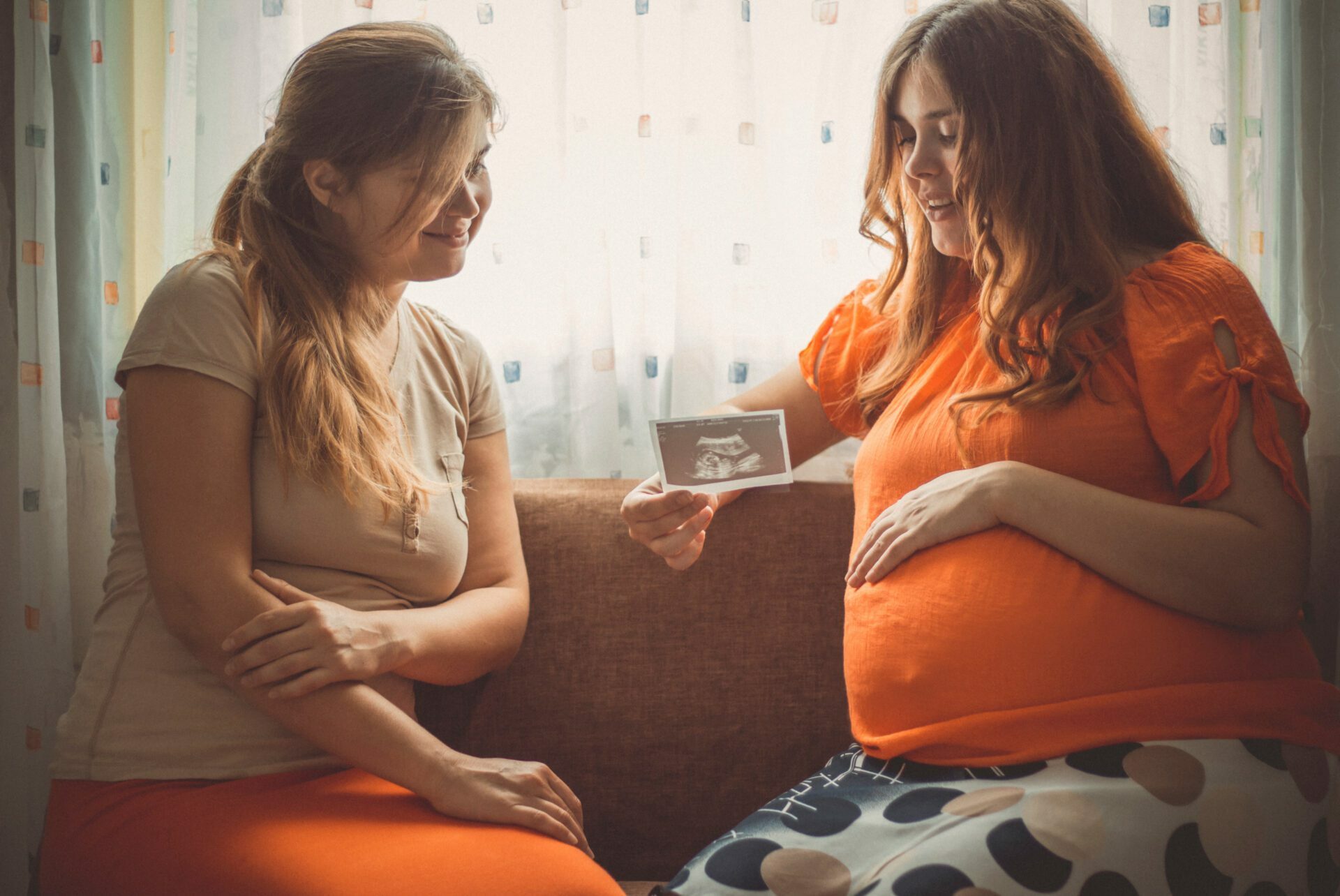Facts at a glance

Why every moment matters when it comes to alcohol during pregnancy, planning for pregnancy and breastfeeding.
On this page:
Alcohol passes via the placenta
Alcohol consumed at any stage of pregnancy passes directly to the baby via the placenta and can damage their developing brain, body, and organs.
Alcohol increases risk of miscarriage,
stillbirth and premature labour
Drinking alcohol while pregnant also increases the risk of miscarriage, stillbirth, and babies being born prematurely, small for gestational age, or with low birth weight.
That’s why the National Health and Medical Research Council’s (NHMRC) Australian guidelines to reduce health risks from drinking alcohol advise that to prevent harm from alcohol to their unborn child, women who are pregnant or planning a pregnancy should not drink alcohol.
Alcohol can affect fertility
Before pregnancy, alcohol can affect your and your partner’s fertility and increase the time it takes to get pregnant.
Alcohol can cause harm and damage
from the earliest stages of pregnancy
During pregnancy, alcohol can harm the pregnancy and damage the baby even from the earliest stages while the cells that go on to form the placenta are developing.
Alcohol crosses the placenta
The placenta is not a barrier to alcohol. A developing baby’s blood alcohol level will increase as the mother’s blood alcohol level increases.
Alcohol consumed during pregnancy can result in Fetal Alcohol Spectrum Disorder (FASD)
The very early stages of pregnancy are critical and the developing baby is extra sensitive to the effects of alcohol.
The baby’s brain starts developing very early and continues developing throughout pregnancy. It can be most severely damaged by exposure to alcohol, permanently affecting structure and function.
Alcohol can also disrupt the development of other organs and systems of the developing baby’s body, including the heart, kidneys, and lungs.
This damage from alcohol can result in a range of physical, behavioural and cognitive problems known as Fetal Alcohol Spectrum Disorder (FASD).
There is no safe amount of
alcohol during pregnancy
All types of alcohol are harmful to the baby, be it wine, beer, or spirits, and there is no known safe amount of alcohol during pregnancy.
The risk increases with the amount and frequency of alcohol consumption
The risk of harm to the pregnancy and baby increases proportionately with the amount and frequency of alcohol consumption.
Every pregnancy is different, and it is not possible to predict the exact effects of drinking alcohol during pregnancy for each person. A variety of maternal and fetal factors influence the risks.
If there’s alcohol in your bloodstream
there’s alcohol in your breastmilk
Alcohol enters breastmilk from the mother’s bloodstream. The alcohol concentration in breastmilk will be the same as the concentration in the mother’s bloodstream.
Alcohol consumed through breastmilk
can cause short and long-term health issues
Infant brains, which continue to develop after birth, are more vulnerable to alcohol than adult brains. Infants consuming alcohol through breastmilk can have short and long-term health effects.
That’s why the National Health and Medical Research Council’s (NHMRC) Australian guidelines to reduce health risks from drinking alcohol advise that when breastfeeding, not drinking alcohol is safest for the health of your baby.
It takes two hours for one standard drink
to clear from breastmilk
It takes two hours on average from the commencement of drinking for one standard drink to clear from breastmilk and up to eight hours after drinking four standard drinks.
Highest concentration in breastmilk
is 30-60 minutes after consumption
The highest alcohol concentration in breastmilk occurs 30 to 60 minutes after alcohol consumption.
Only time reduces alcohol in breastmilk
Only time reduces the concentration of alcohol in the breastmilk to zero.
Alcohol can reduce milk supply and flow
Alcohol affects the release of prolactin and oxytocin, hormones that regulate milk supply and ejection. This can reduce milk supply, affect milk flow, and make feeding more difficult for your baby.
Alcohol can disrupt a baby’s feeding and sleep
Alcohol ingested via breastmilk can disrupt the baby’s feeding and sleeping patterns.
Alcohol in breastmilk has been linked to
problems with early childhood development
Exposure to alcohol through breastmilk has been linked to problems with growth, motor development, verbal IQ, and cognitive ability in early childhood.
Co-sleeping after consuming alcohol
increases risk of SIDS and suffocation
Co-sleeping with your baby after consuming alcohol increases the risk of Sudden Infant Death Syndrome (SIDS) and suffocation.
Learn more about the Australian
Alcohol Guidelines
The National Health and Medical Research Council’s (NHMRC) Australian Guidelines to reduce health risks from drinking alcohol advise:
- To prevent harm from alcohol to their unborn child, women who are pregnant or planning pregnancy should not drink alcohol.
- For women who are breastfeeding, not drinking alcohol is safest for their baby.
The NHMRC is Australia’s leading health research body, and developed the guidelines based on an extensive review of the best available medical evidence.

Australian Alcohol Guidelines on Pregnancy and Breastfeeding
This resource sets out advice and evidence on alcohol, pregnancy and breastfeeding from Australia’s National Health and Medical Research Council.

Support from partners, friends, and family
There are many ways your partner, friends or family can support your decision to have an alcohol-free pregnancy – including choosing to stop drinking alcohol too.
Sometimes it can be difficult to stop drinking alcohol
If it’s difficult for you to stop drinking alcohol, know that you are not alone and that help is available. Speak to your doctor, midwife, or obstetrician for support. You can also speak with an alcohol support service.







